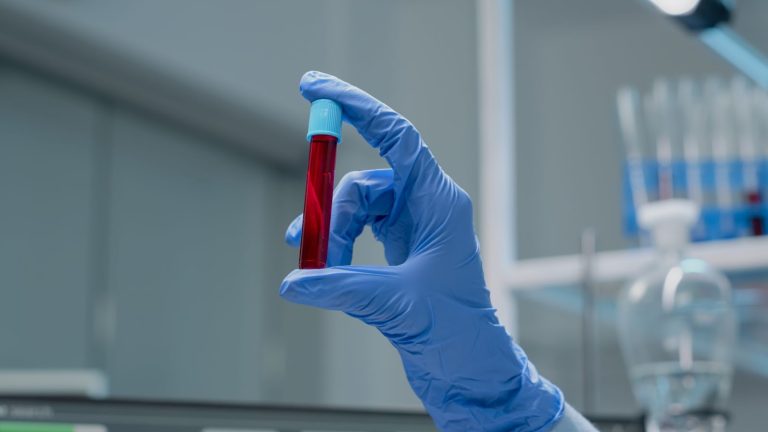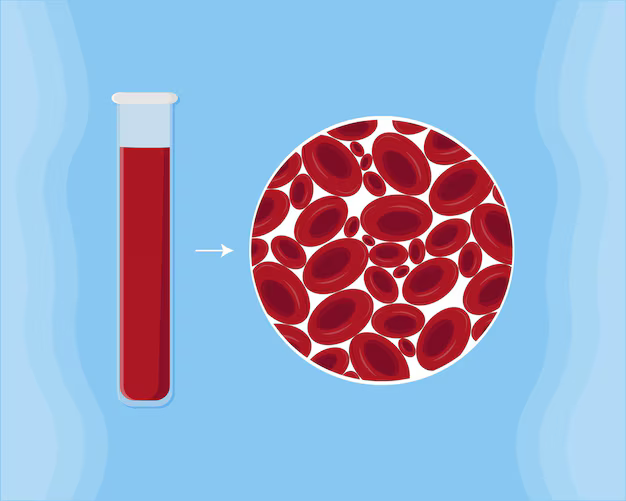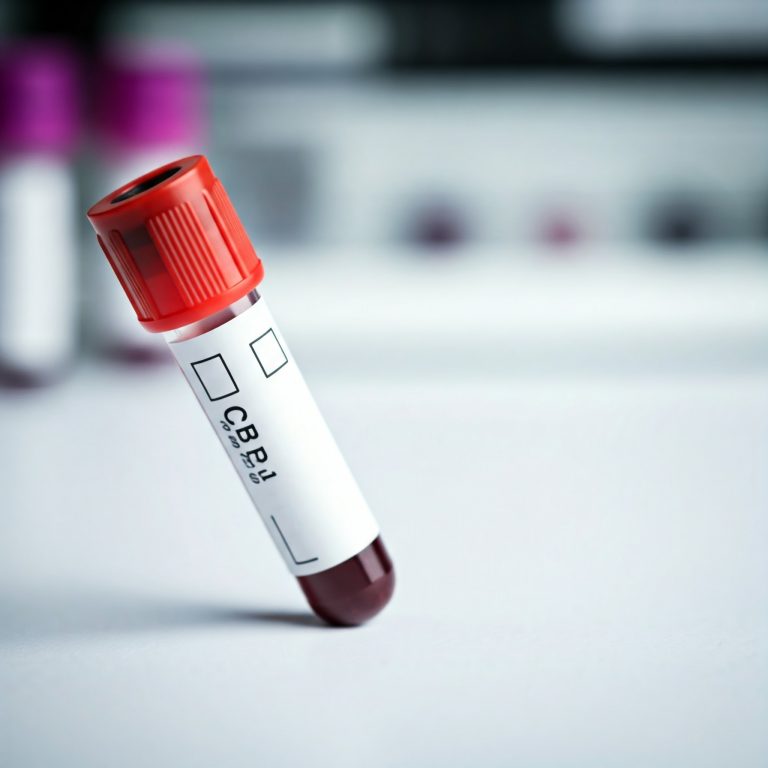Common Blood Tests: Typical Results and Common Types
September 30,2022

Blood tests are a crucial tool for assessing your body’s health and can be used by doctors to determine the condition of some of your organs, identify illnesses, and track how treatments are working.
Regular blood testing helps you decide how to improve your health by allowing your doctor to see how your body is changing over time. Do type on Google “Blood test near me” to get the best diagnostic centres near you where you can visit for your blood test or request for home sample collection.
This blog will discuss typical blood tests, the things they look for, and the implications of the results. It will also go over what to anticipate when you get a blood test.
Blood Tests: What Is It?
Some of the most requested diagnostic tests by doctors are blood tests, also known as blood work. The tests are straightforward, and the outcomes can be obtained quickly.
Numerous conditions are checked for in blood tests, including:
- Organ health, the likelihood that you’ll contract conditions like diabetes and heart disease
- Existing illnesses or conditions, the state of your immune system, and the effectiveness of a treatment
It’s crucial to get routine blood work done to keep track of your general health; you can get a blood test at home too. You can lower your risk for many diseases and health conditions by making better health decisions with small changes in the results over time.
Common Blood Tests:
Complete blood count
One of the most popular blood tests is the complete blood count (CBC), which is frequently included in your regular checkups. This examination measures a variety of blood components, including platelets, white blood cells, and red blood cells.
Basic metabolic panel
The basic metabolic panel (BMP) test gauges your body’s normal chemical levels. It can provide doctors with information about the health of your heart and kidneys, among other organs.
Typically, a routine examination includes the BMP. Yo
The following substances in your blood will be tested via a BMP:
- Blood urea nitrogen (BUN)
- Creatinine
- Glucose
- Albumin
- Carbon dioxide
- Calcium
- Sodium
- Potassium
Blood enzymes
Blood enzyme tests measure various body enzymes to look for heart attack warning signs. In this laboratory test, troponin and creatine kinase are the specific enzymes that are measured (CK).
The blood levels of troponin and CK will increase if you have had or are having a heart attack and your heart muscle is damaged.
Other Blood Test
The DHEA sulphate serum test, a coagulation panel, a thyroid panel, blood clotting tests, and others are types of additional blood tests. Every one of these tests is essential for finding any serious conditions so that a person can seek medical attention right away.
Expectations during a blood test
These blood tests are typically performed by drawing blood from a vein in your arm, but your doctor may also choose to do so from your finger, heel, or an artery. Be sure to tell the healthcare provider if you are afraid of needles or feel dizzy so they can make you more comfortable and keep you safe.
A medical professional will insert a tiny needle into your vein during a blood test that requires a vein to draw blood into a tube or vial for testing. When the needle is inserted, you might experience a pinch.
Expectations after a blood test
The number of tests your doctor ordered will determine how quickly you receive the results of your blood tests. In order to assist you in interpreting the results, your doctor will contact you after receiving the results.
Summary
Blood tests near you can be a crucial component of your healthcare because they can inform your doctor about the health of your organs, any diseases you may have or be at risk for, and the effectiveness of any current treatments.
If you think you might need any tests, talk to your doctor about how to get ready for them. They will be able to assist you in deciphering the outcomes of your blood tests and organizing your subsequent actions.
The good news is that Simira Diagnostics offers blood test facilities at home, so you don’t need to go to the Pathology centre. Call us and schedule a home collection sample today!









Leave a Reply